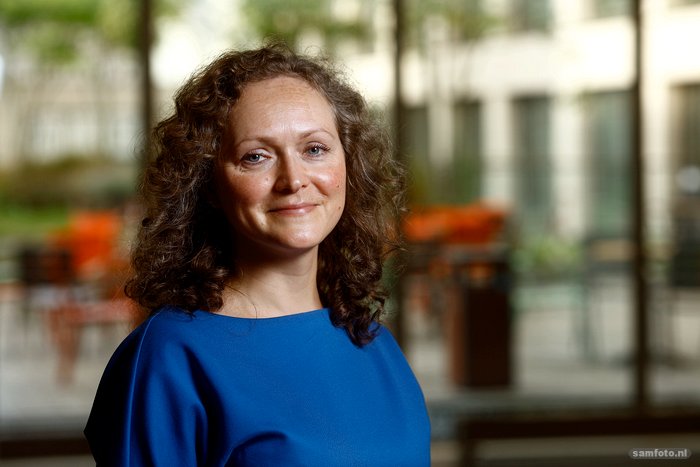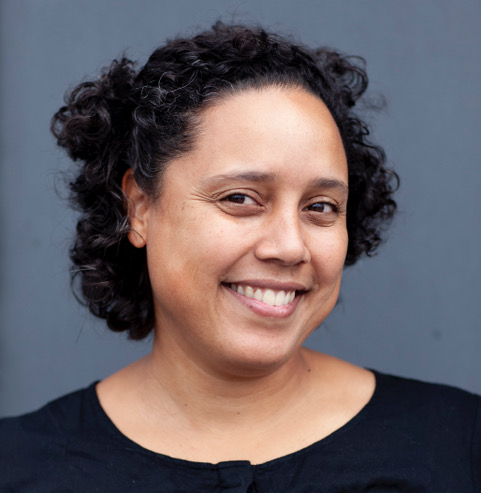Keynote Speakers
Brian Castellani
Professor of Sociology
University of Durham
Brian is Professor of Sociology, Director of the Research Methods Centre and Co-Director of the Wolfson Research Institute for Health and Wellbeing at Durham University, UK. He is also Adjunct Professor of Psychiatry (Northeastern Ohio Medical University, USA), Editor of the Routledge Complexity in Social Science series, CO-I for the Centre for the Evaluation of Complexity Across the Nexus, and a Fellow of the UK National Academy of Social Sciences. Brian also runs InSPIRE, a UK policy and research consortium for mitigating the impact places have on air quality, dementia and brain health across the life course. Brian is trained as a public health sociologist, clinical psychologist, and methodologist and takes a transdisciplinary approach to his work. His methodological focus is primarily on computational modelling and mixed-methods. He and his colleagues have spent the past ten years developing a new case-based, data mining approach to modelling complex social systems and social complexity, called COMPLEX-IT, which they have used to help researchers, policy evaluators, and public sector organisations address a variety of complex public health issues.

Scott Moss
Founding ESSA President
Scott wrote his first agent-based social simulation model in 1983, the results from which were published in several economic journals including the Quarterly Journal of Economics. He founded the Centre for Policy Modelling in Manchester in the early 1990s and was the first president of ESSA in 2002. Having received his PhD in 1973 from the New School University in New York in a highly theoretical topic, he became increasingly interested and engaged in producing models for the empirical analysis of economic and then wider social policies. He hasn’t kept count of the number of his publications but is especially proud of his articles in the American Journal of Sociology and the Proceedings of the National Academy of Sciences and the Journal of Artificial Societies and Social Simulation. He was retired from his university post in 2009 and completed his last funded research project in 2013. He is also licensed as a Yachtmaster Ocean by the Royal Yachting Society.


Tatiana Filatova
Professor in Computational Economics
Delft University
Tatiana Filatova is Professor in Computational Economics at Delft University of Technology. Prof Filatova’s research focuses on individual choices under risk, behavioral change and evolution of social institutions using computational agent-based modeling (e.g. NWO VENI & VIDI projects, Ammodo). Most of the current work of her team centers around the ERC project that explores cumulative and distributional impacts of individual adaptation to climate-driven flood risks in coastal cities http://www.sc3.center/. Besides this research, Prof Filatova has been the Leader of the Dutch 4TU Research Program on Resilience for the last five years, and serves as the Academic Lead of the Climate Change Governance Theme of the TU DelftClimate Action Programme. Prof Filatova is an alumna of De Jonge Akademie of KNAW and of the Social Sciences Council of the Royal Netherlands Academy of Arts and Sciences (SWR/KNAW). Tatiana has been a big fun of ESSA/SSC since the first conferences she has attended in 2007!
Daniel Birks
Associate Professor of Quantitative Policing & Crime Data Analytics
University of Leeds
Dan is a computational social scientist with an interdisciplinary background in computer science, artificial intelligence, cognitive science and criminology, and over 20 years’ experience working with public sector practitioners in the UK and Australia. His research focuses on how computational methods and routinely collected data can be responsibly harnessed to increase understanding of complex social systems and support evidence-based policy and practice. Dan is a Turing Fellow at the Alan Turing Institute, the UK’s national centre for Data Science and Al, and inaugural co-director of LIDA:Societies, an interdisciplinary research community at the Leeds Institute of Data Analytics which seeks to deliver world-leading knowledge in the application of, and innovation in, data science for public good. Most recently, Dan became deputy director of the newESRC Vulnerability and Policing Futures Research Centre where he leads a data science program exploring how linked administrative data can provide new insights into vulnerabilities and public service responses to them.


Nanda Wijermans
Associate Professor
Stockholm University
Nanda is an interdisciplinary researcher at the Stockholm Resilience Centre, Stockholm University and the Institute For Future Studies, Stockholm. Her research focuses on situated human behaviour in groups, concerning both collective action in sustainable resource use and crowd behaviour. She has a special interest in advancing science through collaborative research processes for which she uses agent-based modelling to integrate knowledge across several scientific domains and to connect empirical research approaches such as behavioural experiments, expert interviews, and observational findings.
